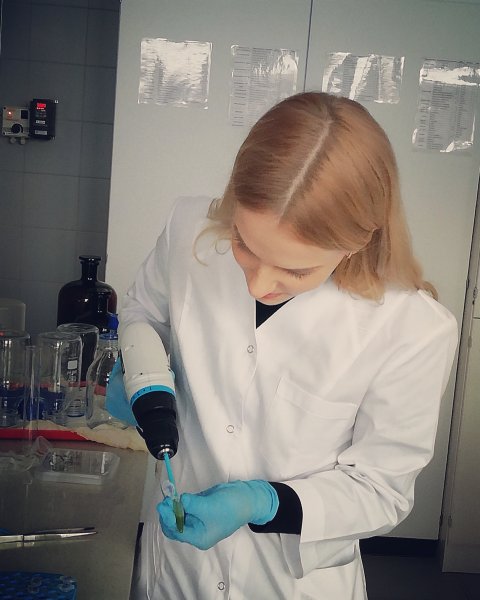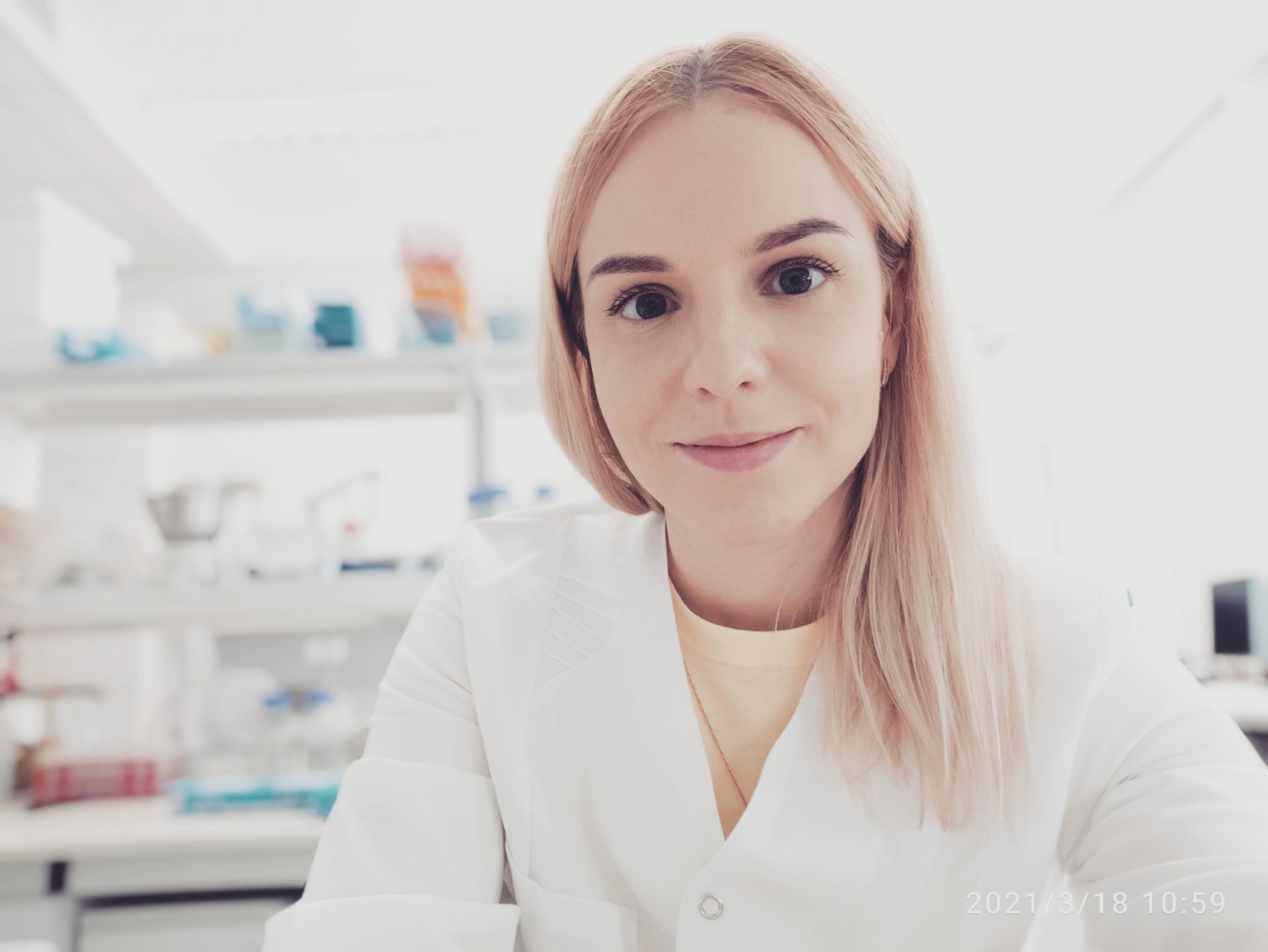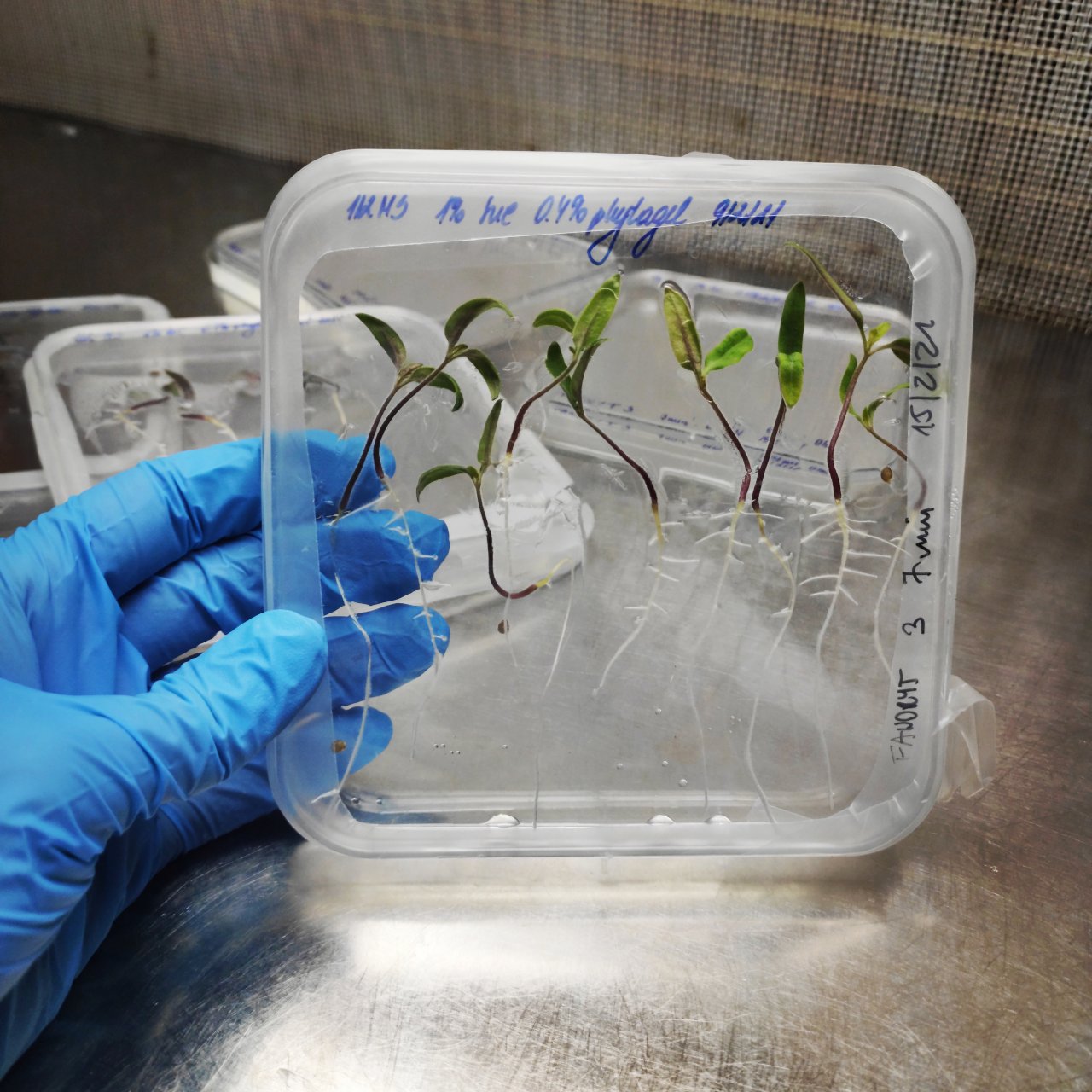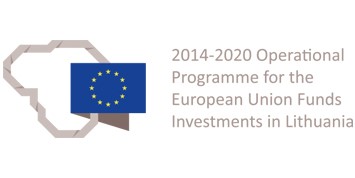
On February 1 – March 26, 2021 Dr. Viktorija Vaštakaitė-Kairienė, a senior researcher at LAMMC Institute of Horticulture, Laboratory of Plant Physiology, conducted a research study at the University of Agriculture in Krakow (Poland), Department of Botany and Plant Physiology. In co-operation with Dr. Anna Kołton, a researcher at this university, V. Vaštakaitė-Kairienė analysed the action of the enzyme responsible for nitrogen uptake in plants.
Nitrogen is an essential element in the nutrition of plants, determining their growth and yield. The primary nitrogen available to plants is in the nitrate form. However, high levels of nitrates in the soil or water pose a risk to the environment and human health. In line with the European Green Deal’s goal of improving human well-being by counteracting climate change, research on nitrogen uptake mechanisms is needed to prevent nitrate pollution of the environment by optimising fertilisation and achieving safer food production.

V. Vaštakaitė-Kairienė studied the mechanism of action of the nitrate reductase enzyme, which is responsible for nitrogen uptake and production of toxic nitrites in plants. Tomato seedlings were selected as model plants. The study was performed in vitro. The activity of nitrate reductase enzyme is known to increase due to the dephosphorylation reaction performed by the protein phosphatase 2 A (PP2A). In the study, the researcher used different concentrations of the pharmacological phosphatase inhibitor, okadaic acid, to gain more knowledge about the action of PP2A and phosphorylation/dephosphorylation reactions in plants. Also, the researcher evaluated the effect of calcium on PP2A activity when the inhibitor was used. Based on the results of the research, a scientific publication was prepared for an international publication.

This project has received funding from European Social Fund (project No 09.3.3.-LMT-K-712-21-0056) under grant agreement with the Research Council of Lithuania (LMTLT).

